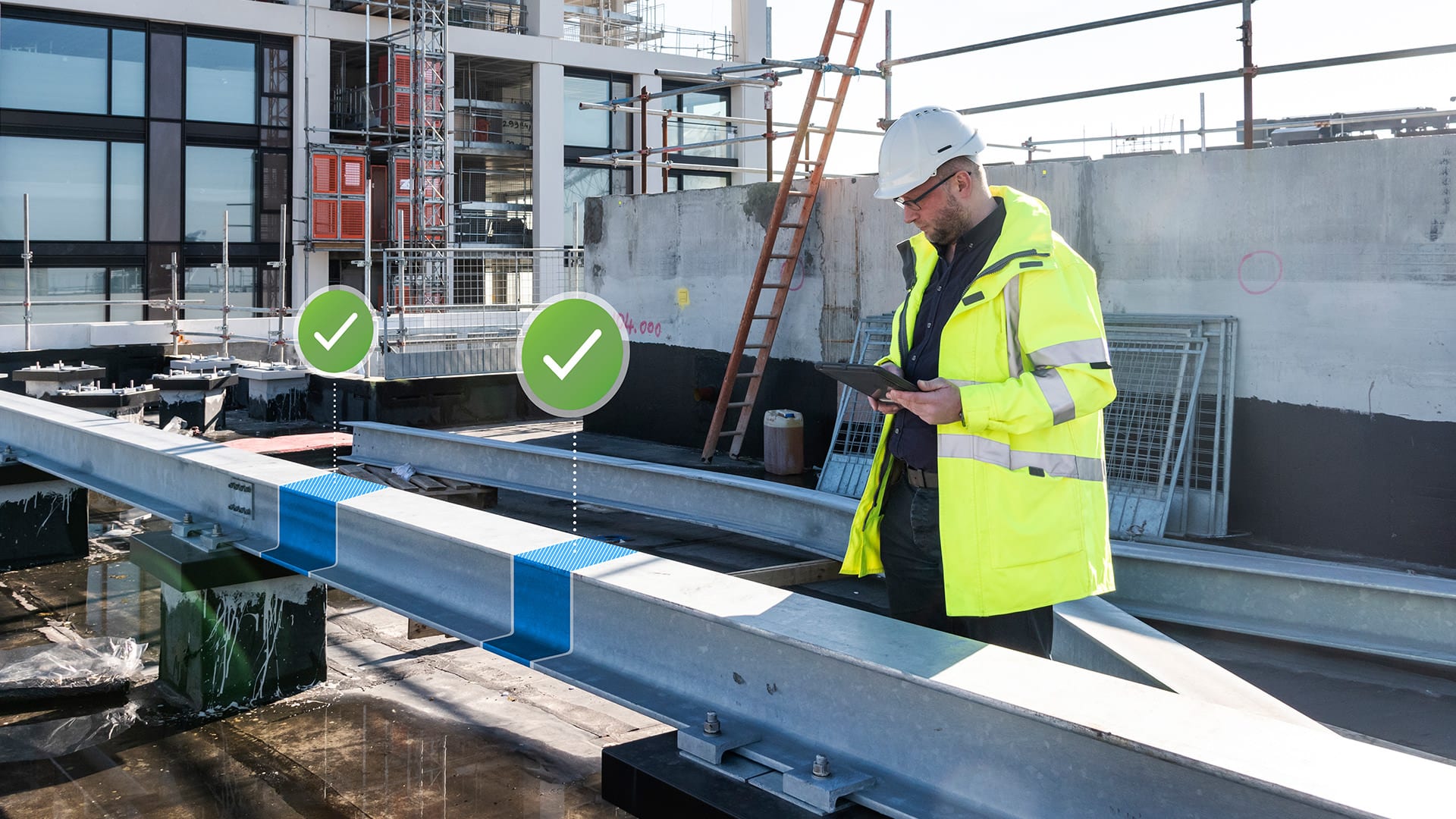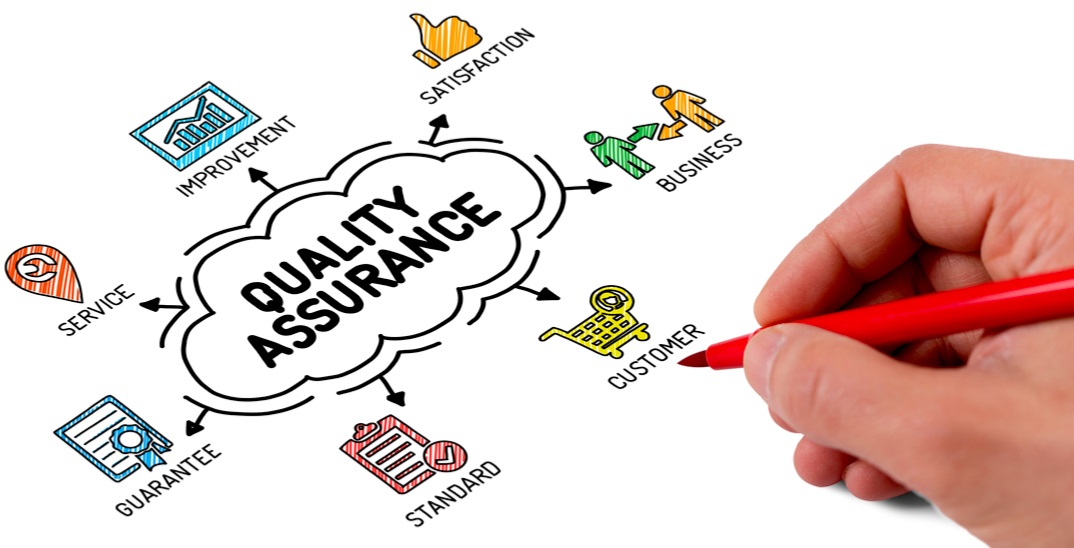The Importance Of Construction Quality Assurance In Civil Engineering Projects

Construction is an important aspect of engineering, and ensuring that the quality is up to standard is crucial. This is where construction quality assurance comes in handy. In this article, we will be discussing the benefits of construction quality assurance in engineering.
Introduction
Construction quality assurance (CQA) is a set of measures and guidelines that are put in place to ensure that a construction project meets the required quality standards. This involves all aspects of the construction project, from planning to completion. The goal of CQA is to ensure that the project meets all the required regulations, guidelines, and specifications.
Why is CQA important?
CQA is important for many reasons. First, it ensures that the project meets all the required quality standards. This is important because it ensures that the end product is safe and reliable. Second, CQA helps to prevent costly mistakes. Third, CQA reduces the risk of delays and disputes. Finally, CQA helps to maintain the reputation of the engineering firm.
What are the benefits of CQA?
There are many benefits to implementing CQA in an engineering project:
- Improved Quality: CQA ensures that the project meets all the required quality standards.
- Cost Savings: CQA helps to prevent costly mistakes, which can save the engineering firm a significant amount of money in the long run.
- Decreased Risk: CQA reduces the risk of delays and disputes, which can be costly and time-consuming.
- Improved Safety: CQA ensures that the end product is safe and reliable, which is important for the safety of those who will be using the construction project.
- Maintains Reputation: CQA helps to maintain the reputation of the engineering firm by ensuring that all projects meet the required quality standards.
How is CQA Implemented?
CQA is implemented using a variety of measures and guidelines. These can include:
- Inspections: Regular inspections are conducted to ensure that the construction project meets all the required quality standards.
- Testing: Testing is conducted to ensure that the materials and equipment used in the construction project meet the required quality standards.
- Documentation: Detailed documentation is kept throughout the construction project, which helps to ensure that all the required quality standards are met.
- Training: Training is provided to all personnel involved in the construction project to ensure that they are aware of the required quality standards and guidelines.
Common Challenges of CQA
Implementing CQA in a construction project can be challenging. Some of the common challenges include:
- Cost: Implementing CQA can be expensive, especially for small engineering firms.
- Resistance to Change: Some personnel may be resistant to implementing CQA, which can make the process difficult.
- Inadequate Training: Inadequate training can make it difficult for personnel to follow the required quality standards.
- Complexity: Implementing CQA can be complex, especially for large construction projects.
Conclusion
Construction quality assurance is an important aspect of engineering. It ensures that the construction project meets all the required quality standards, reduces the risk of delays and disputes, and helps to maintain the reputation of the engineering firm. CQA can be challenging to implement, but the benefits are worth the effort.
Frequently Asked Questions (FAQ)
What is construction quality assurance?
Construction quality assurance (CQA) is a set of measures and guidelines that are put in place to ensure that a construction project meets the required quality standards.
Why is CQA important in engineering?
CQA is important in engineering because it ensures that the project meets all the required quality standards, helps to prevent costly mistakes, reduces the risk of delays and disputes, and helps to maintain the reputation of the engineering firm.
What are the benefits of CQA?
The benefits of CQA include improved quality, cost savings, decreased risk, improved safety, and maintaining the reputation of the engineering firm.
How is CQA implemented?
CQA is implemented using a variety of measures and guidelines, including inspections, testing, documentation, and training.
What are the common challenges of CQA?
The common challenges of CQA include cost, resistance to change, inadequate training, and complexity.
Is CQA worth the effort?
Yes, CQA is worth the effort. While it can be challenging to implement, the benefits of CQA are significant and can help to ensure the success of a construction project.


Post a Comment for "The Importance Of Construction Quality Assurance In Civil Engineering Projects"